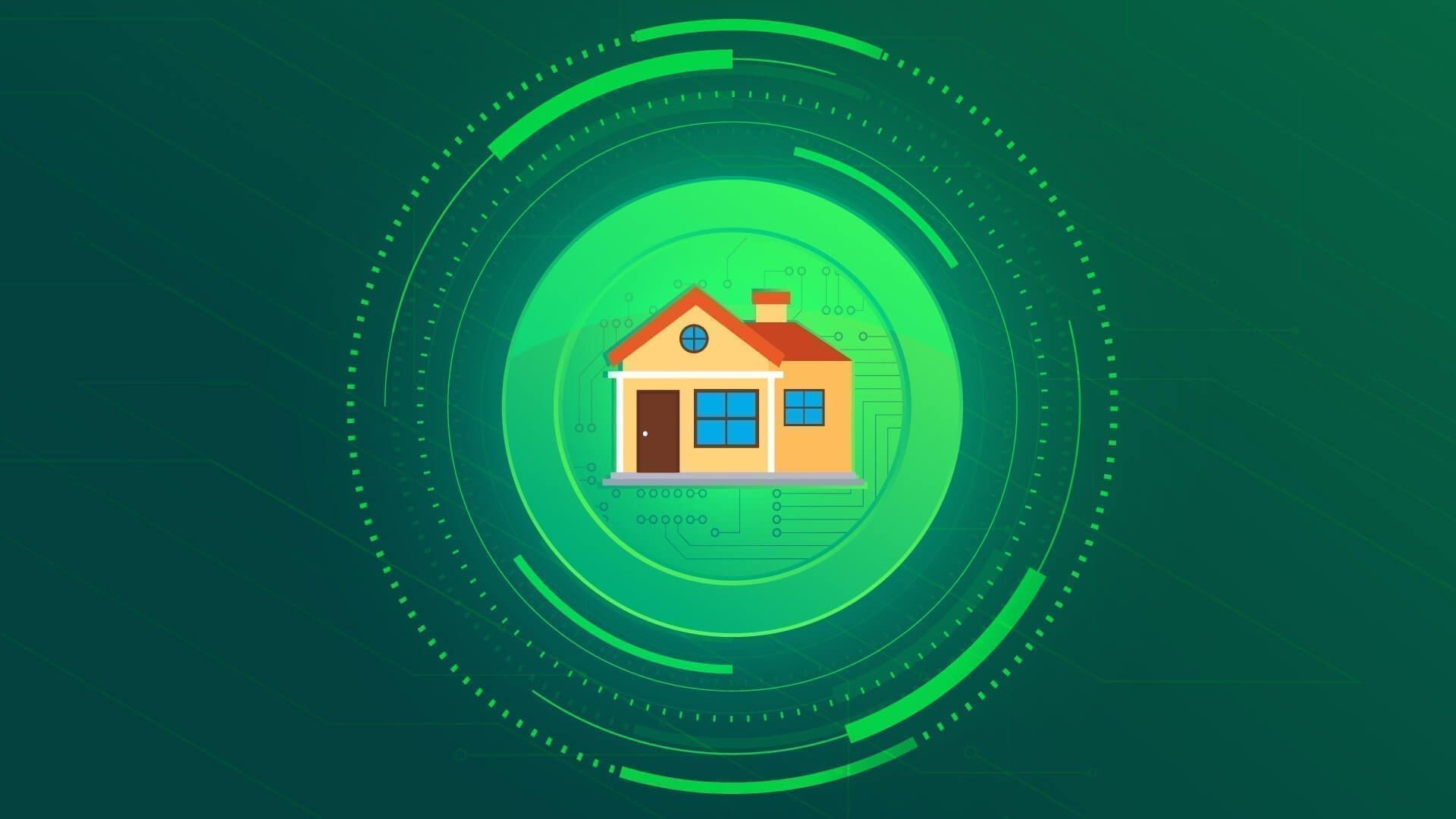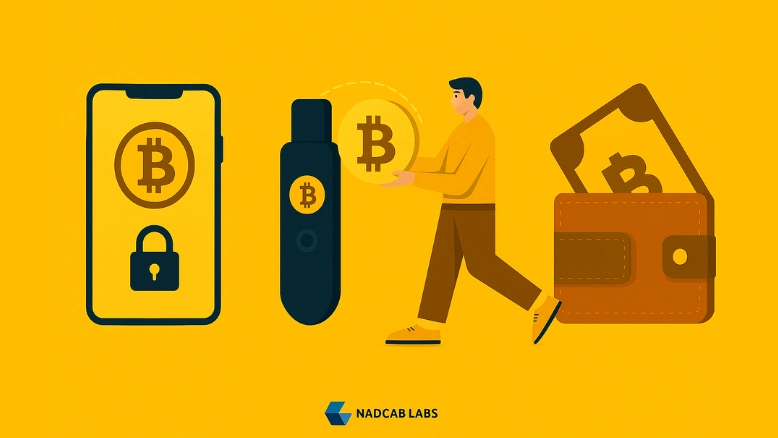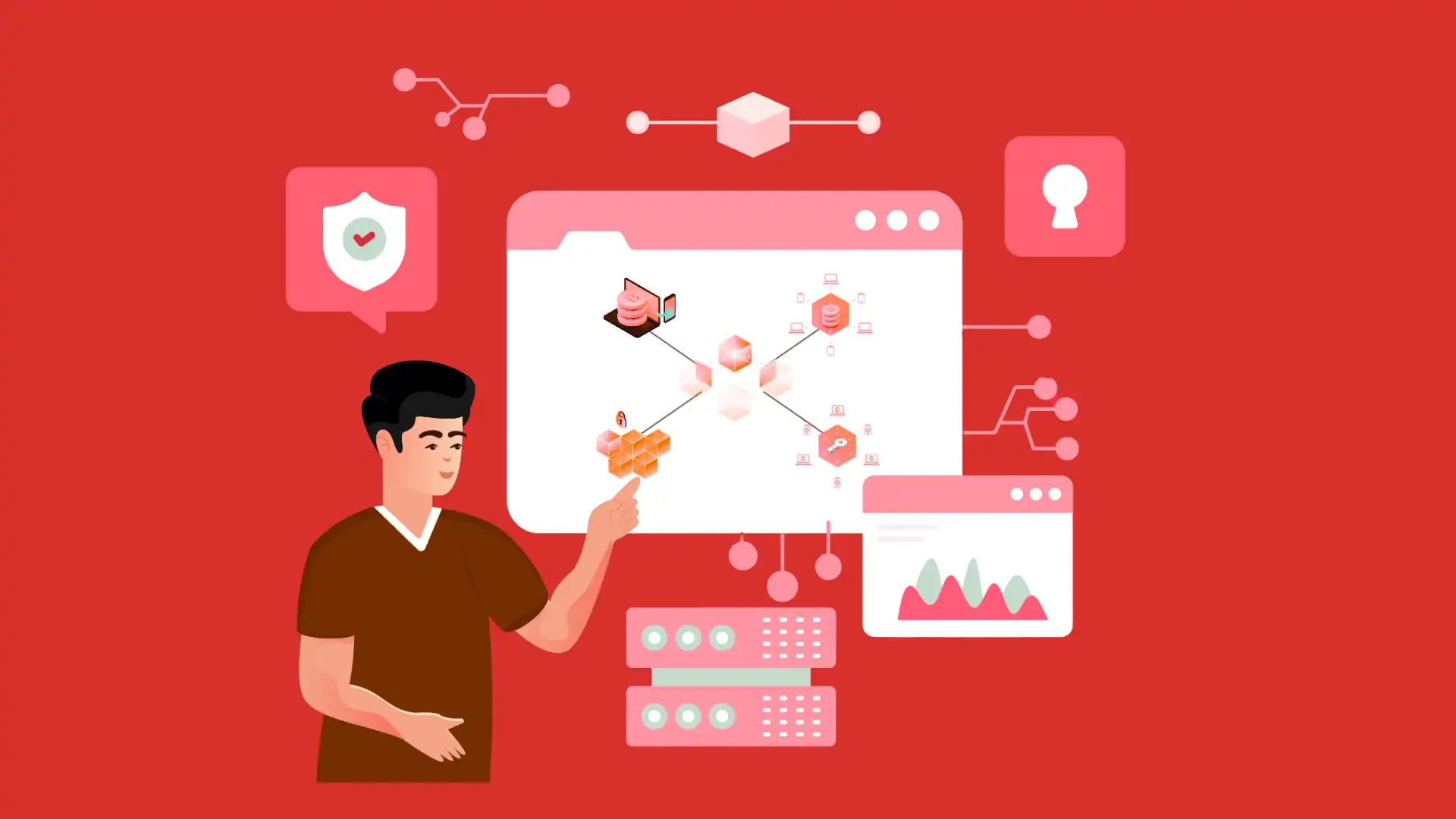
Tokenization is the process of transforming a tangible asset like land or buildings into digital units that can be traded. In simple terms, it converts the value of a property into blockchain-based tokens, which can then be sold to multiple investors to raise funds. Each token corresponds to a specific fraction of ownership or stake in the property. By purchasing these tokens, investors participate in the property’s value appreciation and any potential income it generates. Holders are free to sell their shares whenever they choose, which makes entry and exit far more flexible than traditional property deals.
Historically, property investments were known for their stability but also for their lack of liquidity. Real estate has always been a popular choice for wealthy investors who could afford to tie up large sums of money for long periods. With tokenization, even smaller investors now gain access to opportunities that were once reserved for institutions or accredited individuals. This shift is creating a more inclusive investment environment.
Key Benefits of Property Tokenization
1. Improved Liquidity
Converting property value into smaller, tradable tokens makes previously illiquid assets easier to buy and sell. It doesn’t reduce the asset’s value but makes participation more flexible, lowering the barriers to entry for a wider range of investors.
2. Broader Access for Investors
Instead of requiring millions in upfront capital, tokenized property ownership allows many smaller investors to participate. This democratization means portfolios can be diversified more easily, spreading risk across multiple assets.
3. Cost Efficiency
Because transactions occur on a blockchain network, many intermediaries like brokers or certain banking services are no longer necessary. This automation can lower costs and make the process faster and more transparent.
4. Global Trading Possibilities
Digital tokens can be exchanged internationally without being limited by time zones or geography, though investors must comply with the laws and regulations of their own jurisdictions.
5. Fractional Ownership
Owners don’t need to sell an entire building or parcel of land to free up capital. They can release a portion of it as tokens while retaining some ownership, which benefits both asset holders and buyers looking for partial stakes.
6. Regulatory Protection
Most property-backed token offerings are structured as securities using special purpose entities or similar frameworks. These arrangements are typically subject to regulatory oversight, which helps protect investor interests while integrating traditional investment safeguards with blockchain technology.
How the Process Works
In practice, property tokenization involves creating blockchain-based tokens that represent shares of ownership or income rights. These tokens are generated on secure networks like Ethereum, ensuring a tamper-proof record of ownership. Investors who buy these tokens effectively own a piece of the underlying property and may earn a share of the income it produces such as rental payments or capital appreciation. Later, they can trade these tokens on compliant platforms or exchanges.
This approach reduces paperwork, minimizes reliance on third parties such as lawyers or banks, and allows transactions to settle faster. It also opens the door for innovative services, such as virtual assistants or specialized platforms, that can handle administrative tasks related to managing these investments.
Why Property Tokenization Highlights Blockchain’s Strengths
Few industries showcase blockchain’s benefits as clearly as real estate. By merging a traditionally slow and capital-intensive market with decentralized technology, tokenization creates a transparent, accessible, and efficient way to invest in property. It not only lowers costs and removes geographic barriers but also provides secure, verifiable ownership records that cannot be easily altered or forged.
This blend of established investment practices with cutting edge technology represents a powerful shift in how property deals can be structured and executed making real estate more dynamic, inclusive, and globally connected than ever before.





